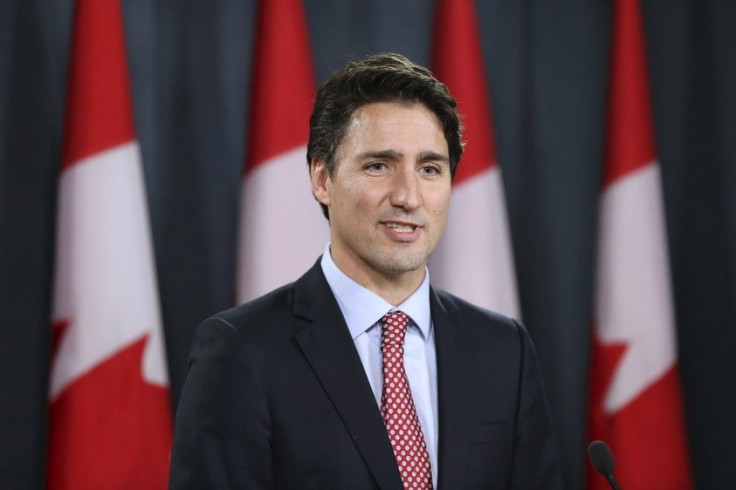Legalising marijuana might affect Canada’s global commitments

Prime Minister Justin Trudeau has promised to legalise marijuana in Canada despite the expected threat to global relations it shares with other foreign nations.
The Liberal government, therefore, has a lot of work to do before it implements its strategies for legalising the drug. Canada has to comply with the three international treaties it is involved with so that it maintains its loyalty towards its global commitments. The nations engaged in the treaties with Canada oppose possession and production of marijuana which is making it even more complicated for Canada to accomplish its goal.
It is a challenge for the nation to work in collaboration with the provinces which oppose legalisation of the drug. Hence, Trudeau’s plan to legalise, regulate and restrict access to the drug seems complicated. A briefing note has been obtained by The Canadian Press through the Access to Information Act. In the note, the prime minister has stated that Canada has to specify how it will be legalising marijuana, thereby conforming to its treaty obligations.
A constitutional and international law expert at the University of Ottawa, Errol Mendes, said that the government will have to face a long struggle before it can go ahead with legalising the drug. He added that the legalisation of marijuana at home is a revolution in which several nations are involved, particularly Latin America. The action is being opposed strictly by the United States, including some quarters under the Obama administration.
In case the Republicans win the White House in the US elections 2016, the opposition will be stronger, he said. “It will be an ongoing dialogue which has to be dealt with at the highest levels, and it’s not going to be an easy one, and it’s not going to be a quick one either,” Mendes said as quoted by CBC Canada. “It’s going to take many years.”





















